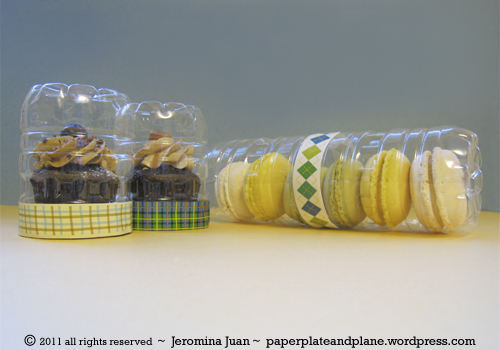We talk a lot about how important water is and how it’s becoming a more precious and valuable commodity, but do you know how well you’re doing at curbing your water use? Check out this handy dandy little water footprint calculator from National Geographic! All you do is answer some questions about various aspects of your lifestyle, and it’ll tell you where your water use is concentrated.
http://environment.nationalgeographic.com/environment/freshwater/water-footprint-calculator/
Why do you need a whole questionnaire to figure that out, one might ask. The answer is that water use isn’t just confined to the water that comes out of your home faucet. Sure, the length of your shower, how often you water the plants, and how many dishes you wash all determine your water footprint. But there’s so much more you might not even consider! For example, when was the last time you bought a new laptop, pair of jeans, or even a juicy T-bone steak?? There’s water that goes into the manufacturing and transportation of electronics, clothes, food, and more and that has to be added into your footprint!
After you measure your water footprint, take a moment to consider how you can reduce your own personal water usage. Can you come up with three things you can reduce, reuse, or recycle in your everyday life? With every little change you make, not only will you reduce waste and unnecessary consumption, you’ll reduce your water use too!
The average US citizen uses close to 600 liters of water per day. If you think it’s impossible to reduce your water use at all, consider that in most African nations and many in central and South America, the average person uses less than 50 (or in some cases, even less than 10) liters of water per day!




